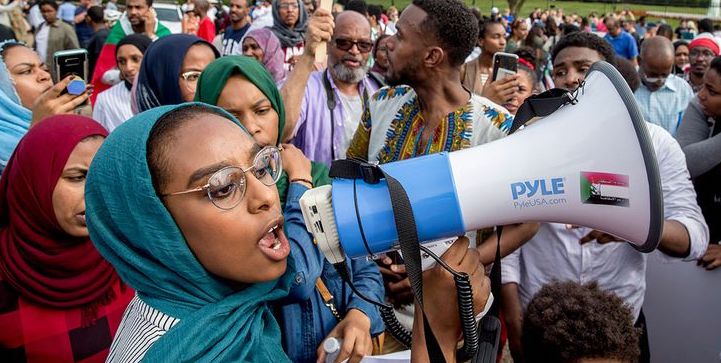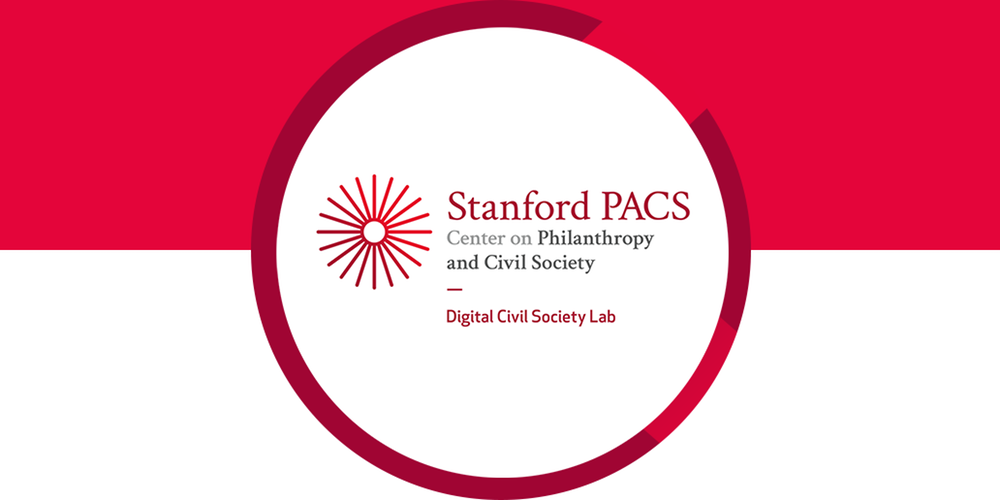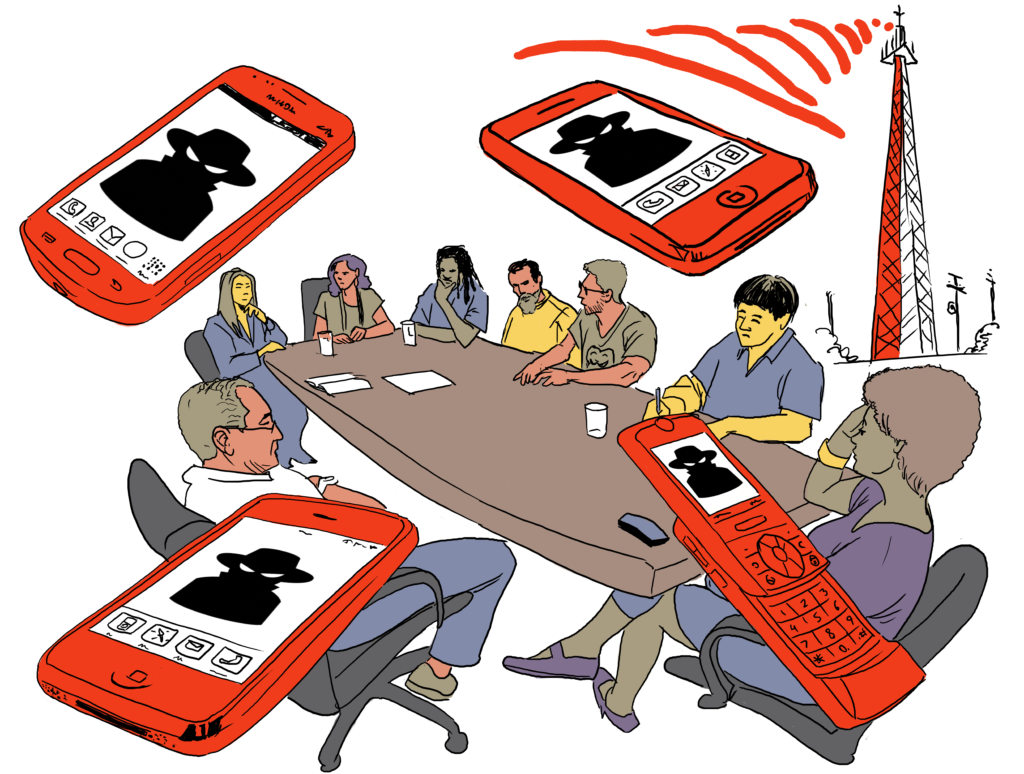This article was originally published on the Kennedy School Review on May 13, 2019.
 Sudanese Americans rally outside the White House in Washington, Saturday, June 8, 2019, in solidarity with Pro-democracy protests in Sudan. Image Credit: AP. From: Sudan protesters try to rekindle movement. Grapple with power outage, blocked internet and heightened security – Gulf News.
Sudanese Americans rally outside the White House in Washington, Saturday, June 8, 2019, in solidarity with Pro-democracy protests in Sudan. Image Credit: AP. From: Sudan protesters try to rekindle movement. Grapple with power outage, blocked internet and heightened security – Gulf News.
Over the last decade, political and legislative bodies have started to codify the relationship between the Internet and human rights. In 2012, the Human Rights Council (HRC) of the United Nations adopted a resolution to protect the free speech of individuals on the Internet–the first UN resolution of its kind. In 2014, a UN General Assembly resolution called on states to “respect and protect the right to privacy” in the digital age. These efforts have mostly focused on safeguarding human rights online from a legal and regulatory perspective. However, they did not consider how the development and governance of the Internet infrastructure can affect the rights of Internet users.
A critical component of this infrastructure are Internet protocols, which define the rules and conventions for communication between networks. By enabling and controlling the exchange of information at a global scale, protocols have the potential for far-reaching economic and social consequences.
This article will provide an introduction to Internet protocols, explain how their design can affect the rights of global users, and describe possible paths to a human rights enabling approach for developing and maintaining the Internet infrastructure.
Continue reading What is at stake for human rights in the design of Internet protocols?


 Sudanese Americans rally outside the White House in Washington, Saturday, June 8, 2019, in solidarity with Pro-democracy protests in Sudan. Image Credit: AP. From:
Sudanese Americans rally outside the White House in Washington, Saturday, June 8, 2019, in solidarity with Pro-democracy protests in Sudan. Image Credit: AP. From: